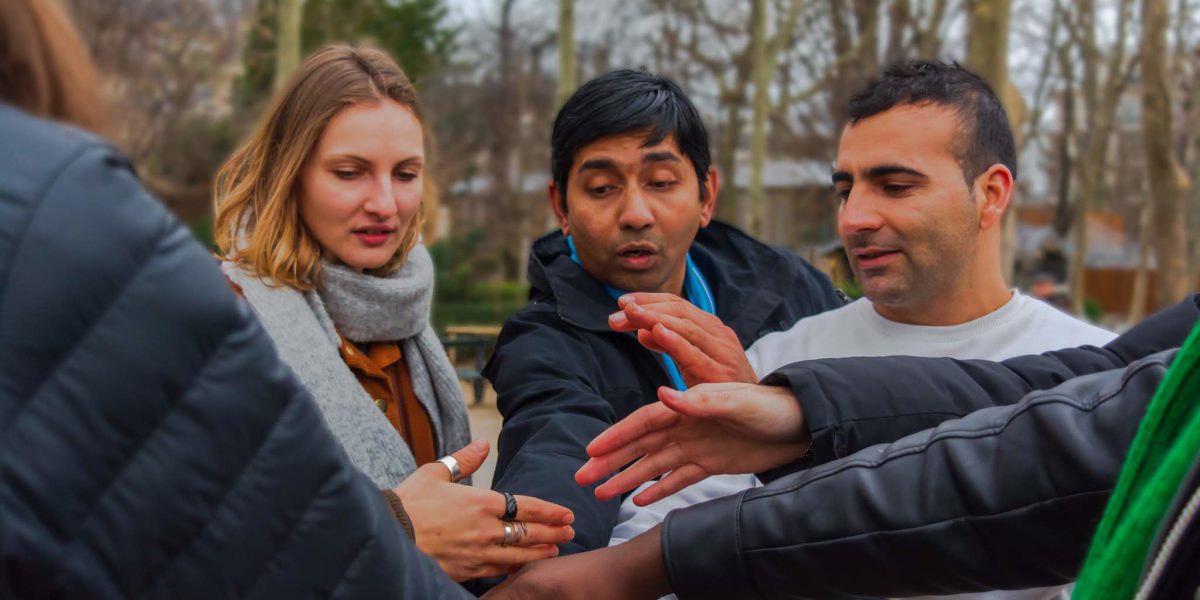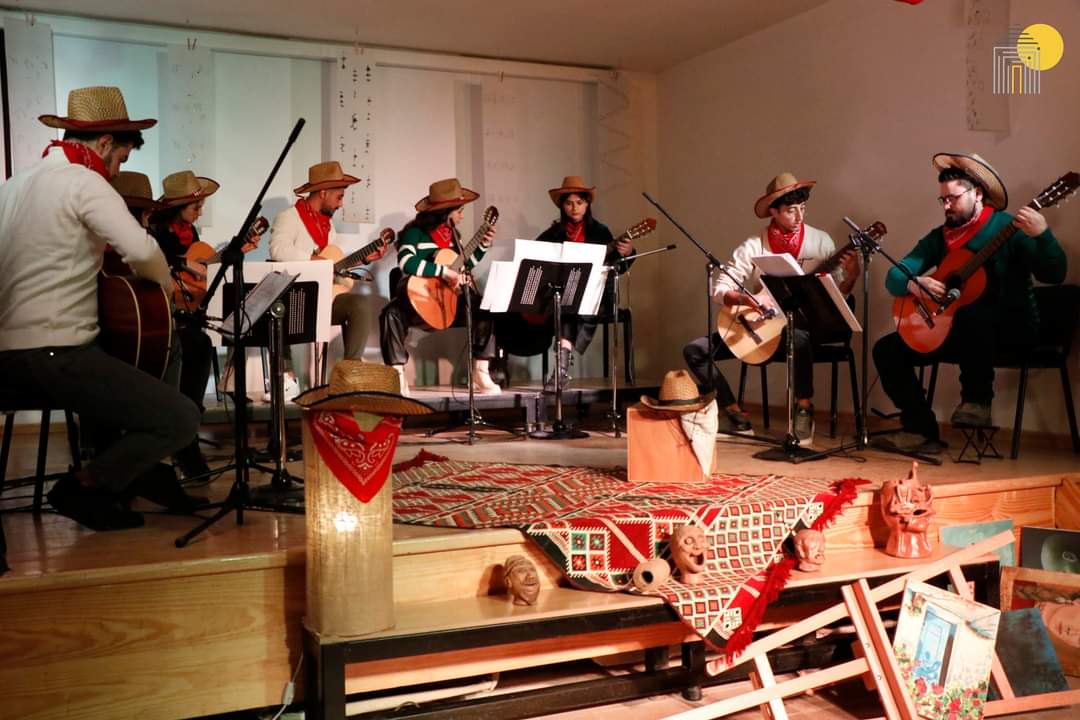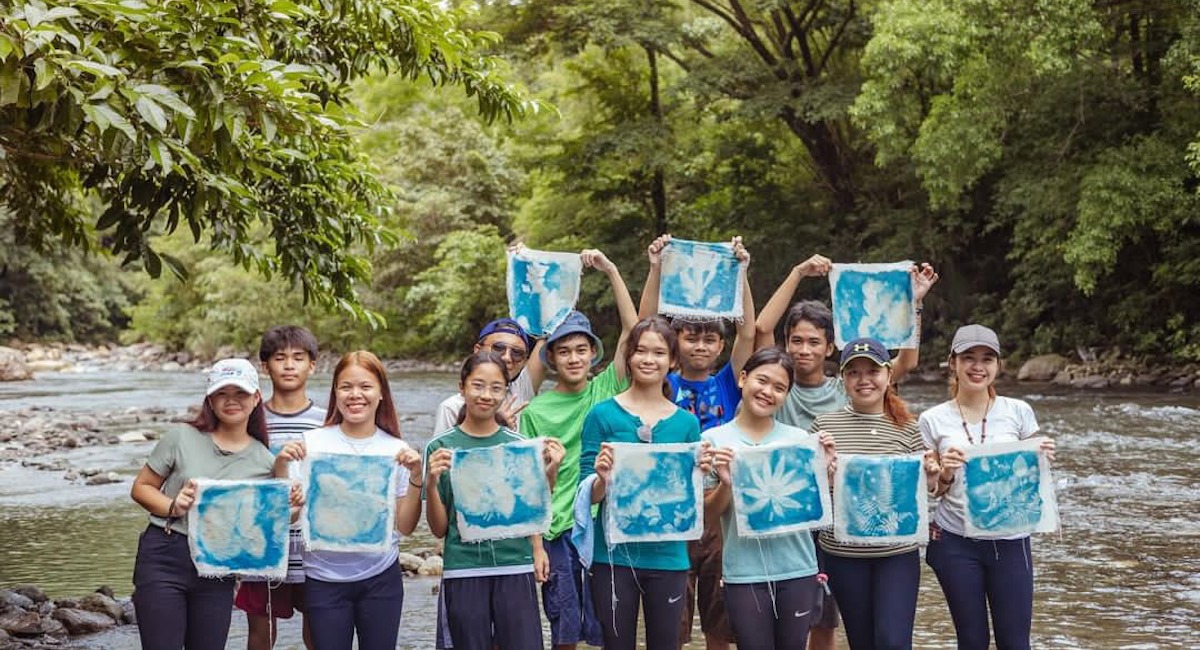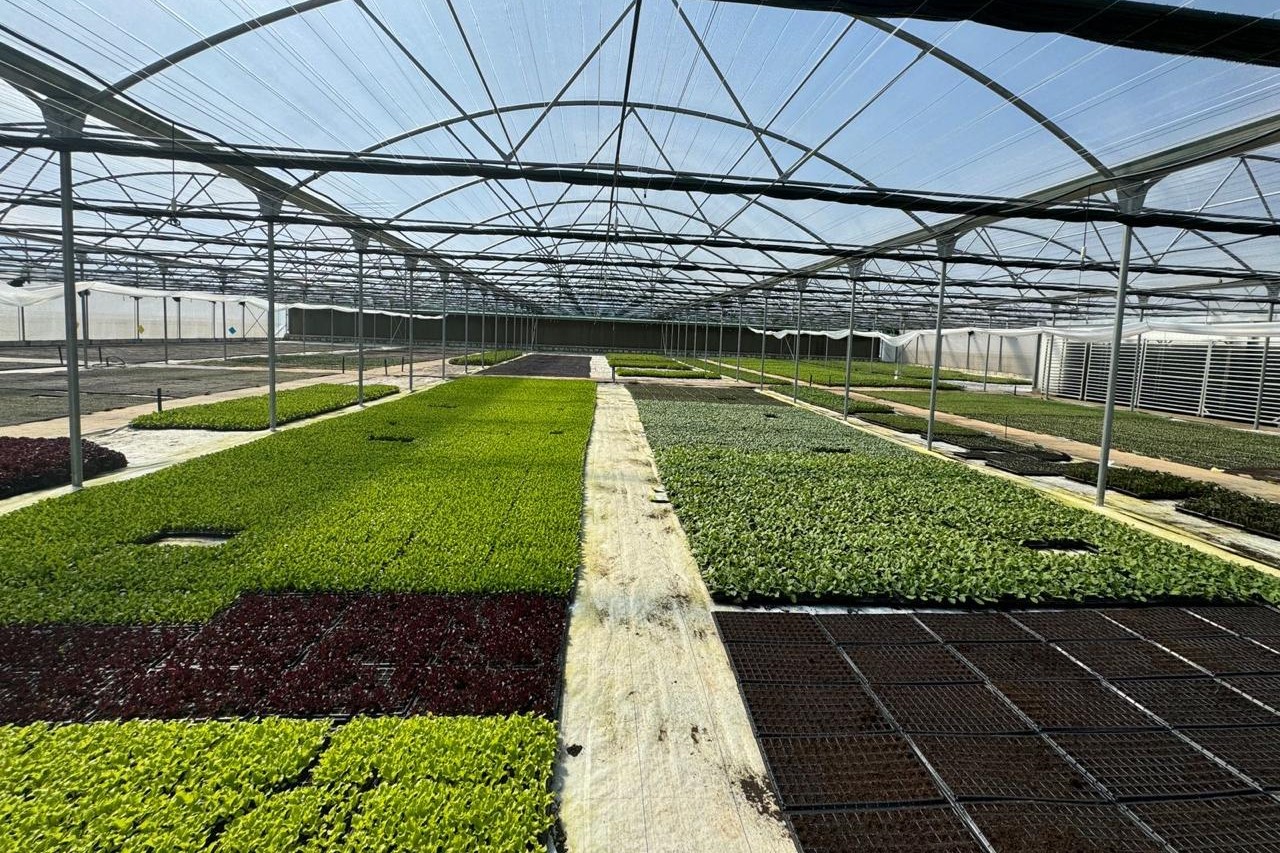Spain – INEA 20 years of ecological conversion through agroecology
We interviewed Felix Revilla, Jesuit director of the University School of Agricultural Engineering in Valladolid, Spain. We talked about transformation--the ability to rethink and restructure the institution in recent years (changing the curriculum and the pedagogy) from conventional agriculture to agro-environmentalism.
Felix, can you tell us what INEA is?
"INEA was a very conventional school, but at one point, we noticed we were at a "dead end," teaching the same thing everyone else was teaching. Twenty years ago, we realised we had to turn things around and get into thinking, learning, and practising organic farming. It wasn't easy because other teachers, administrators and Jesuits didn't see it. Neither did the city nor the government. Nevertheless, we went to Valladolid's mayor and told him: "The school estate (land) is big, and we would like to do a social project with older adults." But the truth is that we didn't know many things and whether we would succeed or fail! We commenced in 2005 with 200 gardens; a year later, the mayor asked us to open another 100 gardens, and the following year another 150 gardens. Now we have 450 gardens of 7 metres by 15 metres, only for seniors".
How important has this process been for the institution, and how has it impacted the people and the city?
"We put the gardens in the middle of the farm. Putting something in the centre influences. It changes your life; of course, everyone in the school had something to do with the project. Whoever enters or leaves INEA has something to do with the gardens. More than a thousand people visit several times a week - some of them daily - to socialise, learn, rest, make friends, lend each other favours, support each other's food, etc. Everything has to be organic, and the only thing forbidden is selling".
"With this experience, we also discovered that we had to change how we teach. So, organic farming became part of the curriculum--in human formation and the school's daily life. That is why all students devote some time to studies or final work in agroecology. And, of course, we also have to teach how to sell what we produce. As an alternative to conventional commerce, we set up ecological points in the city and a Cooperative, "Come Sano, Come Justo" (Eat Healthy, Eat Fairly). The Cooperative has had a lot of influence in Valladolid; it has promoted other organic shops, and we also offer fair trade products. The cooperative sells what is organically produced on the university farm and from among organic producers in the surrounding area".
What has this experience meant for the Jesuits?
A few years ago, the then Jesuit Father Provincial, Fr España, allowed us, three Jesuit companions, to live on the INEA campus. This experience has been significant; I would say fundamental, not only because we share life with other people there--migrant families (Colombians, Brazilians, Russians)--forming a community with them, but because being in this new community allows us to understand and live this project passionately. I dedicate not 8 or 10 hours to school during the day, but school is life. We have identified with what we want to do, daily, 24 hours."

How do you evaluate this experience of vegetable gardens and organic farming?
"We are 20 years old. And so, we asked the Chair of Social Impact of the University of Comillas, to which we belong in some way, to carry out a quantitative and qualitative study of INEA's impact. In the annex is the study. In its conclusion, it says that 'overall, the project has not only created a space for food production, but has cultivated an engaged community, provided meaningful educational opportunities, and fostered valuable emotional and social connections. These findings suggest that the project goes beyond practical utility and contributes to the overall well-being and social cohesion in the community of Valladolid '(Read the full report in the Annex)'.
Some people, in a joking but insinuating way, instead of calling the Cooperative 'Come Sano, Come Justo', call it 'Come Caro, Come Justo' (Eat Expensively, Eat Fairly). How do you manage the Cooperative's prices, and why do you think this idea arises?
"Look, an agroecological producer has to work more because he produces less quantity, with less technological equipment (which is expensive) and involves more manual work.
You produce less, yet it's a lot of work. You can't use industrialised mechanisms, although it is true that you don't spend on such products. But to harvest a hectare of potatoes, you must do it by hand. The quantity produced is less, but the quality of the produce is much better. It is more expensive and difficult today to produce ecologically compared to conventional and mechanised farming. But in the Cooperatives, we can sell at the typical market price. It doesn't have to be more expensive.









